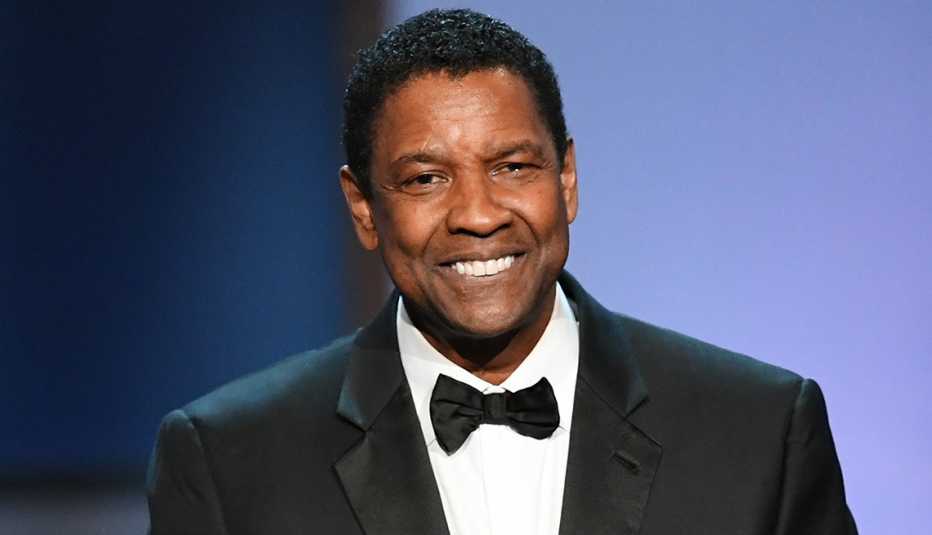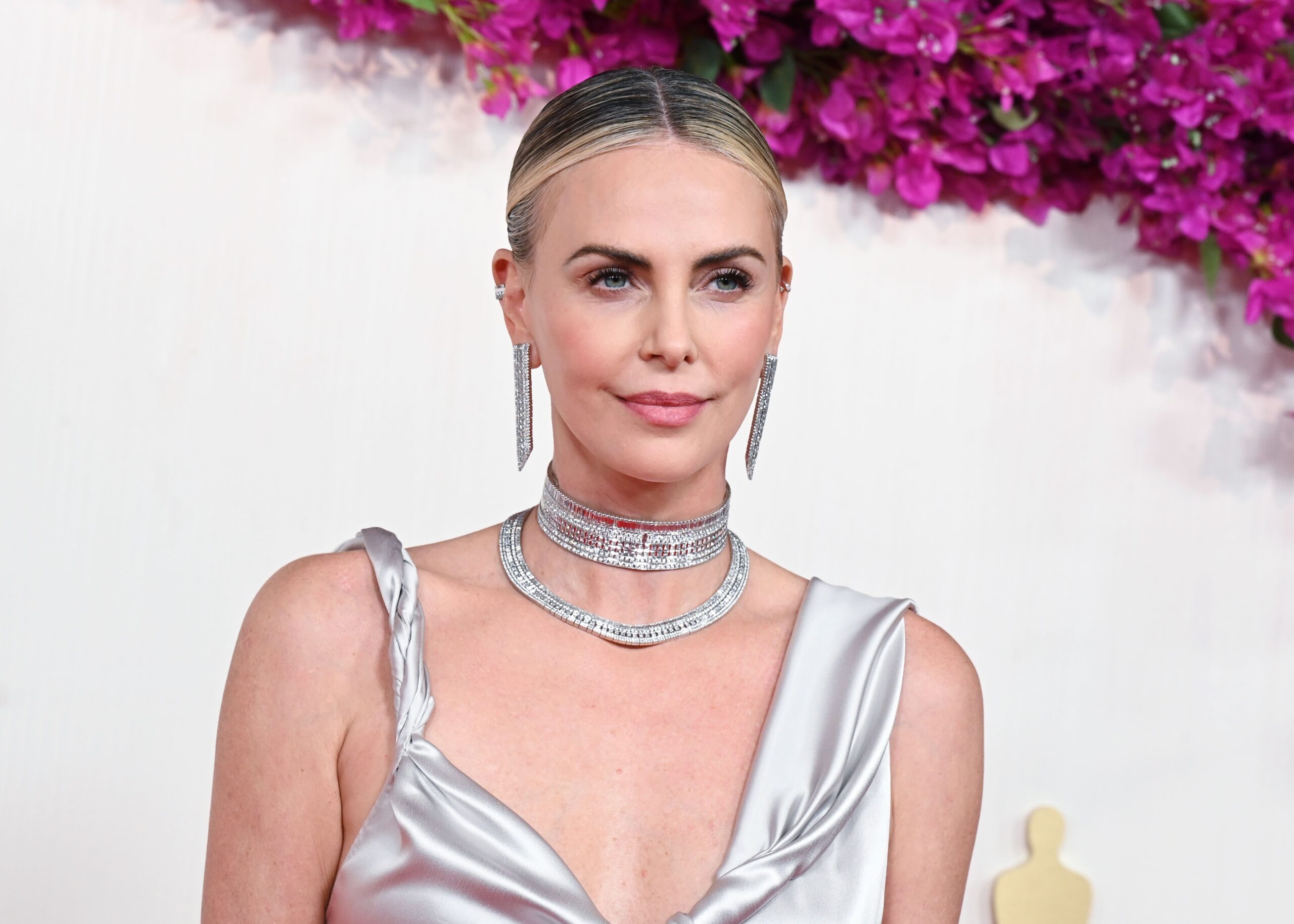Introduction
Denzel Washington is one of the Hollywood giants whom the genre will be hard to imagine without. He has shown intense performances, transformations in roles, and commitment to his craft. For nearly five decades, Denzel Washington has portrayed a wide array of characters that have harnessed the awe of spectators and applauded them as a result of his versatility, charisma, and unmistakable presence. From the breakout role in Glory to award-winning performances in Training Day and Glory, Denzel has tirelessly challenged the conventions to redefine the limits. From being one of the best successful Black actors ever recorded in history, Denzel stands tall as one of the finest actors irrespective of any boundary created in this industry. Life History of Denzel Washington Along with career highlights and its achievements.

Early Life and Education
Denzel Hayes Washington Jr. is an American actor born on December 28, 1954, in Mount Vernon, New York. The late Denzel Washington Sr. was a Pentecostal minister and father, and Lynne, or Lennis, Washington, ran a beauty parlor. As a result of being brought up in a very religious family, Washington grew up in the event of good work habits and morality as early in life as possible. During his teen years, Washington had his trying season. He was pitched to a New York boarding school after his parents separated when he was 14—the decision, as he puts it, that saved his life, avoided jail, and set him on the straight and narrow.

In the beginning, he went to Fordham University and studied journalism. He discovered a new passion for acting while in college. After he played in a campus production of The Emperor Jones by Eugene O’Neill, he recognized that he had both talent and the love of the stage. Following graduation, he attended the American Conservatory Theater in San Francisco.
Early Career and Breakthrough on Television
As was the case with most of his career, Washington’s acting career began in the theater. He received early acclaim for his commanding stage presence. Not long thereafter, he found his way onto television, where he appeared in the 1981 film Carbon Copy. The film was an infamous minor flop, but Washington had gotten all the exposure he needed. He gained greater prominence in 1982 when cast as Dr. Phillip Chandler in St. Elsewhere, a TV medical drama that was on the show for six seasons. The show is one of the few Black actors on the show, and his character Dr. Chandler to help break down the stereotypes of race, and open more doors for Black TV actors.
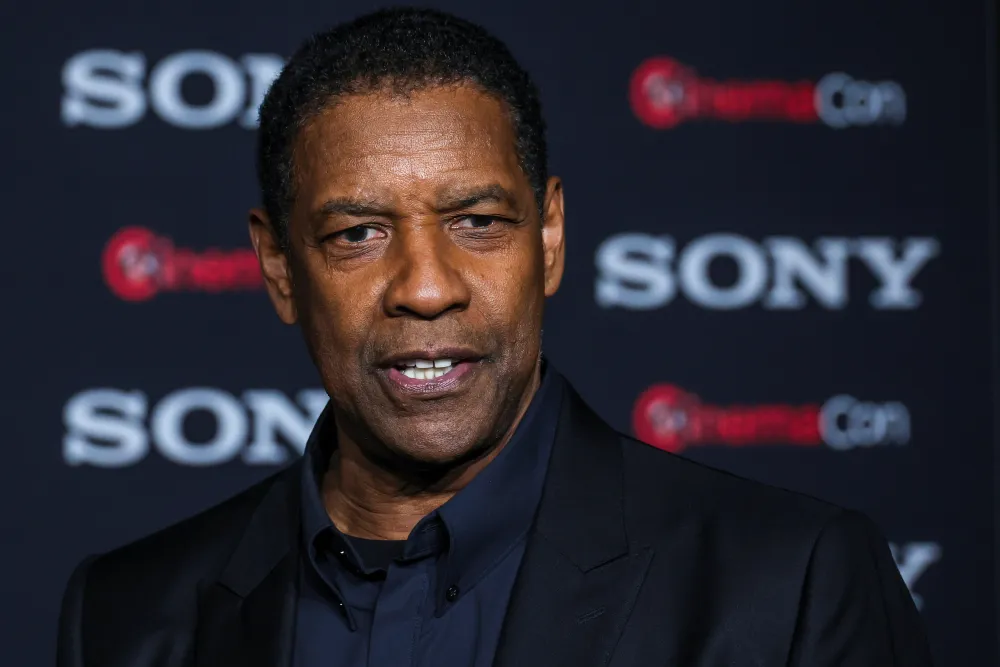
His career in film really took off during his stint at St. Elsewhere. He was full of those performances that naturally drew not only the attention of the audience but that of the critics as well. Eventually, he was getting more significant roles in bigger films. Finally, with his commitment to play intricate, multidimensional characters, he became a household name in Hollywood, and eventually, he graduated to more significant film roles.
Breakthrough in Film and Rise to Stardom
His first major big-screen appearance came in Richard Attenborough’s Cry Freedom (1987), where he played anti-apartheid activist Steve Biko, earning his first Academy Award nomination as Best Supporting Actor. In playing Biko, Washington demonstrated an ability to be both strong and vulnerable, types of training for the kind of intense, unforgettable performances that made up his career.

In 1989, Washington acted in Glory, the Civil War epic about an African American regiment. He played the role of Private Trip, a runaway slave who joins the Union Army. The powerful performance-citing in particular a now-famous scene in which his character is whipped-earned him an Academy Award for Best Supporting Actor. With Glory, Washington established himself as a first-rank Hollywood talent and continued to prove himself as an actor who could do the hardest stuff.
Leading Roles and Awards in the 1990s
The 1990s marked another period of rich development for Washington as he again started to appear frequently in starring roles in almost every film genre, from biopics to thrillers. Among his most memorable performances was the role in the film Malcolm X by Spike Lee in 1992. In the film, Washington played a widely-known civil rights activist Malcolm X, and with a truly spectacular performance he received his Best Actor nomination in the Academy Awards. He received accolades for functioning the passion, anger, and growth Malcolm X symbolized, and the role stands out as one of Washington’s most celebrated performances ever.
Following Malcolm X, Washington continued to accept a variety of roles. In Philadelphia (1993), he shared the screen with Tom Hanks to play a lawyer representing a man with AIDS in a landmark legal drama. He demonstrated his versatility and ability to take on sensitive themes with subtlety and sympathy.”.
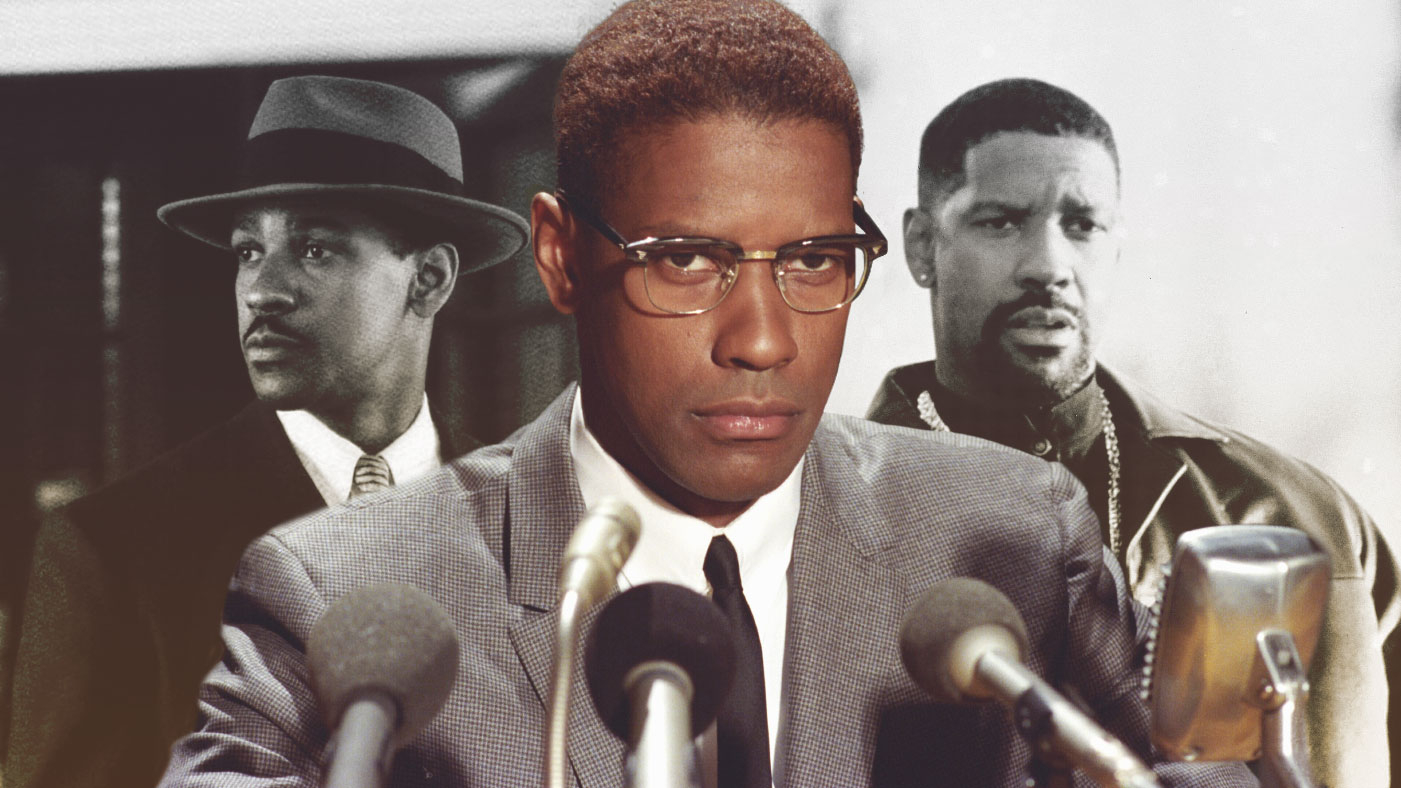
Films in which he acted in the 1990s represented an insistence on playing Black characters in unmistakably forceful, dignified portrayals, breaking for the first time the stereotypes of Blacks that had long held sway in Hollywood. Roles in The Pelican Brief (1993), Crimson Tide (1995), and Courage Under Fire (1996) demonstrated him to be a leading man and box-office name.
Academy Award Glory and Training Day
Washington also brought one of his most iconic performances in the 2001 Antoine Fuqua-directed film Training Day. Alonzo Harris was a role of corrupt, morally ambiguous LAPD detective. This role, completely taking Washington away from traditional heroic characters played out on the silver screen, revealed his acting range and fearlessness. The performance he delivered as Alonzo Harris, intense, unpredictable, and chilling, fetched him the Academy Award for Best Actor. This victory saw him become the second African American actor to win the Oscar for Best Actor, after Sidney Poitier.
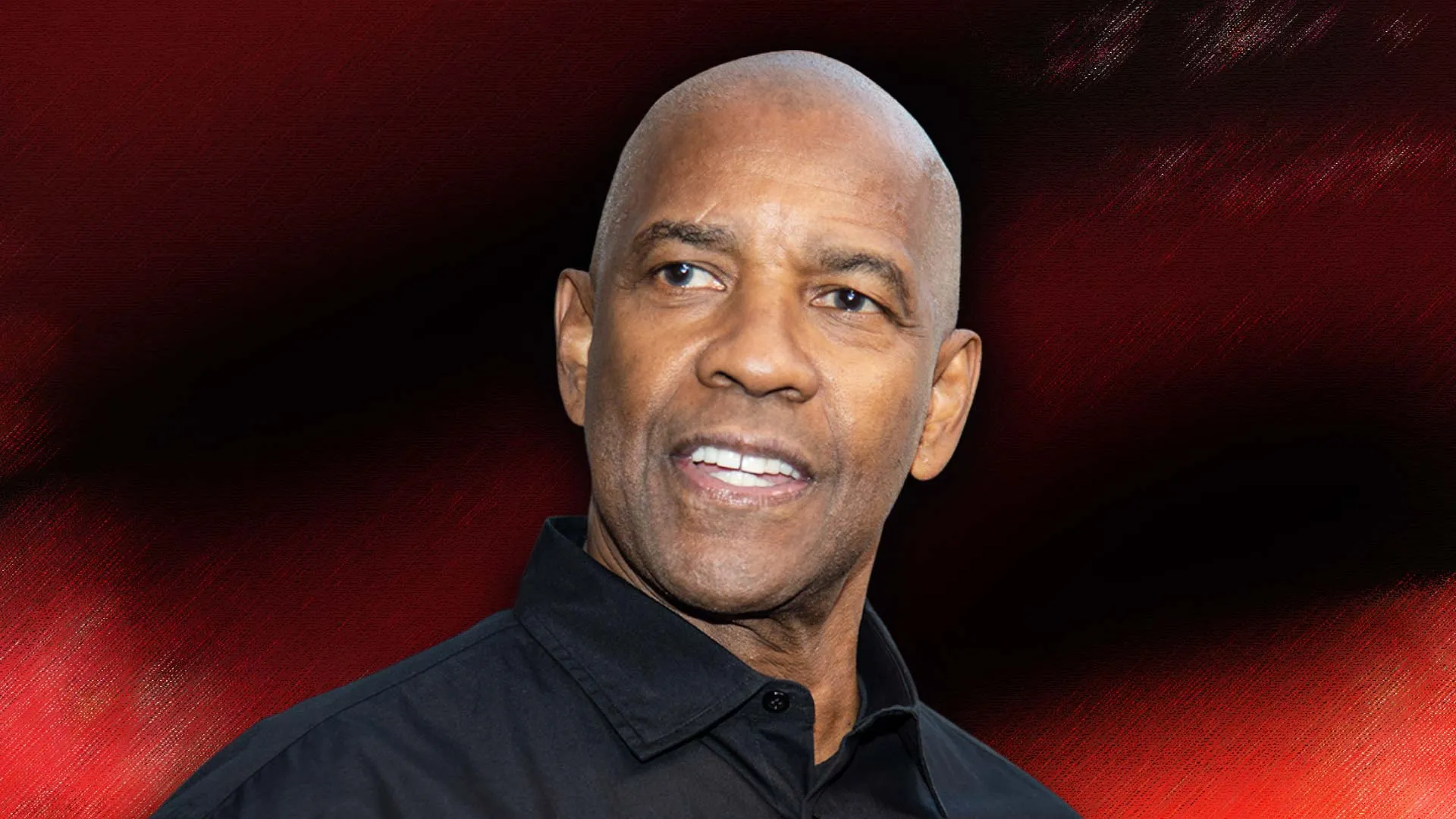
Training Day marked a new stage in the career of Washington: in this particular film, he continued with the darker and more complex roles. He had already completed the loop that proves his esteem as one of Hollywood’s greatest and most versatile actors, performing roles that put much pressure on conventional Black characters in mainstream cinema.
Debut: Expanding the Horizons of a Directorial Career
He also became a director. In 2002, he directed Antwone Fisher, a drama based on the true story of a troubled Navy man. The film, starring Derek Luke, was also praised both critically and commercially; Washington also appeared in supporting roles as a Navy psychiatrist. His sensitive direction earned him critical acclaim, and the movie speaks well to what this actor is capable of storytelling with characters.
The actor continued acting as well as directing. Some of his other notable films include The Great Debaters (2007). As Melvin B. Tolson, a poet and professor at a historically Black college, Washington inspires his students to form a debate team. In yet another offering of true events, this film brought out the achievements and resilience of African Americans.
Later Career and Continued Success
Throughout his performances in the 2000s and 2010s, Washington continued giving a powerful display of acting as a character in any role. He acted in Man on Fire (2004), Inside Man (2006), and American Gangster (2007), in which he plays infamous drug lord Frank Lucas. His acting as Lucas received widespread acclaim for adding another complicated character to his ever-diverse repertoire.
Robert Zemeckis’s Flight is the story about a commercial airline pilot starring Washington, battling addition, and internal demons; there, he did give the raw performances for consecutive runs that earned him a nomination for the Best Actor of the Academy Award as he had received six previously. He was considered to deliver a series of the raw performance because the movie Flight was an artistic success at its release and at its gross as well.

In 2014 and 2018, in The Equalizer and its sequel, he again collaborated with director Antoine Fuqua in another commercially successful actioner. Here, he plays Robert McCall, an intelligence operative who turns vigilante to seek a measure of redemption from his troubled past. The box offices around the world profited in equal measure from this action-oriented move and the chance to see Washington in more complex dramatic roles than ever before.
Broadway and Fences
He returned to the stage in 2010, in a new revival of August Wilson’s Fences on Broadway. Now playing the role of the former baseball player working as a sanitation worker, Troy Maxson, he picked up a Tony Award as Best Actor. He has gained tremendous recognition for his work in Fences, and he even went on to direct and act in the movie version of the play in 2016. The movie received universal acclaim, as well, with great Oscar nominations. The Best Supporting Actress award that year belonged to Viola Davis.
Washington’s performance as the spine-chilling, emotionally charged, and complex Troy Maxson was widely acclaimed, and the film version of Fences is one of the most personal and important work he has been involved in. His decision to adapt August Wilson’s work for the screen underscored his passion for American Negro stories before an American audience.
Legacy and Influence on Hollywood
The denizens of mainstream cinema, Denzel Washington exemplifies the extraordinary career and actual achievements in groundbreaking performances, advocacy for more African Americans on the screen, and commitment to excellence. Role selection has constantly tested stereotypes, and Denzel Washington has opened up a new generation of Black actors in Hollywood. Washington’s work has revamped Hollywood’s view of Black masculinity in powerful, complex ways toward Black men as men, not as stereotypes or caricatures of themselves.
Beyond his acting career, Washington worked as a director and producer and helped the film to open avenues for other Black artists and storytellers. On his way to advocate for diversity in Hollywood while pushing for the accuracy of the African American experience, this cemented his contributions to the film.
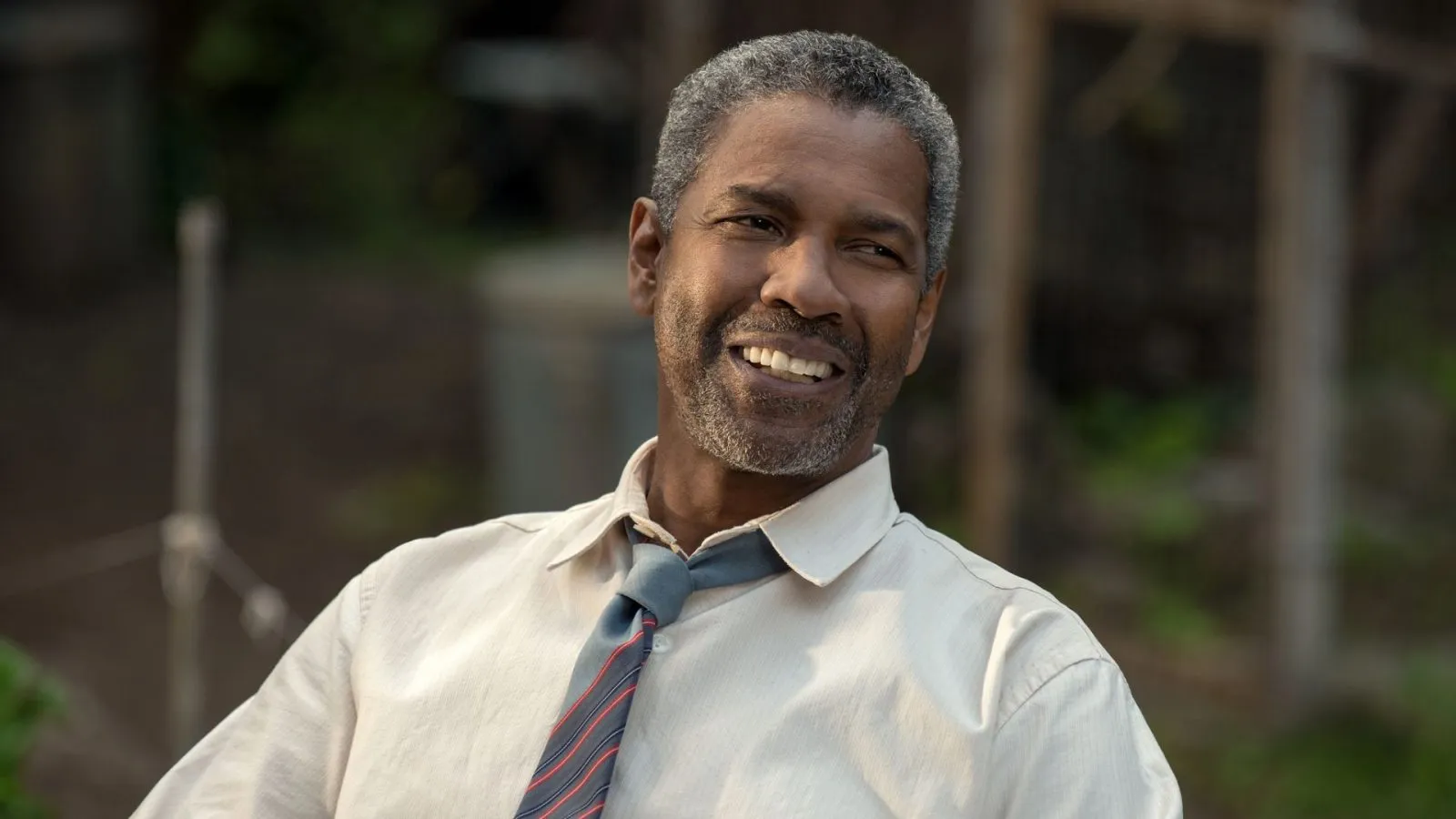
Personal Life and Philanthropy
Denzel Washington is a private person. He married Pauletta Pearson in 1983, and the couple has four children. His family life has always been stable and inspiring, and he has often cited his faith as giving him the direction through his career.
Washington also is active in various charity causes. These include those that support organizations such as the Boys & Girls

